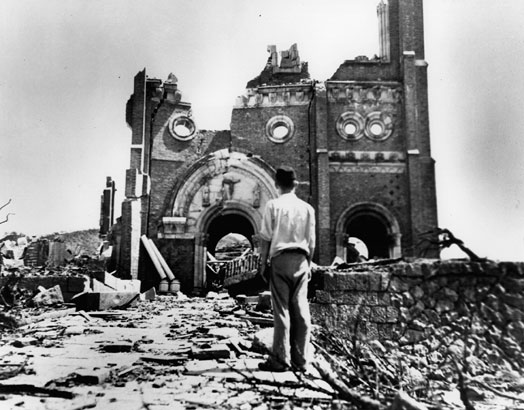Redress

In fall of 2004, seven members of the UC Berkeley community gathered for weekly meetings to discuss the topic of redress—the question of repatriation or compensation for historical injustice. The goals of the group were twofold: to gather together scholars from the humanities, social sciences, and professional schools with interests in the past, justice, and reconstruction, on the one hand, and on the other, to foster a discussion of some of the different ways these scholars and others in their respective fields think about specific instances of historical injustice and the possibility of their remedy. The Redress Strategic Working Group’s ongoing task was to open up a critical dialogue on questions of injury, justice, and closure that have yet to be posed within the traditional disciplines and to address problems that have been either denied or repressed within liberal historiographic and philosophical critique.
Over the course of the semester, the group read and discussed works from a variety of critical and political angles, the large majority of which tended to pose questions that specific disciplines and methods appear to have only weakly theorized to date. Scholarship specifically devoted to the topic of redress, while without exception relevant, was not always the most intellectually productive basis for the group’s discussions. The most stimulating work, in fact, often concerned topics that appeared to fall outside of, or to pose conceptual challenges to, established Western mechanisms of justice.